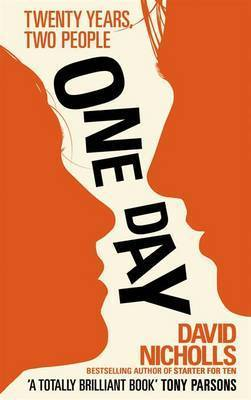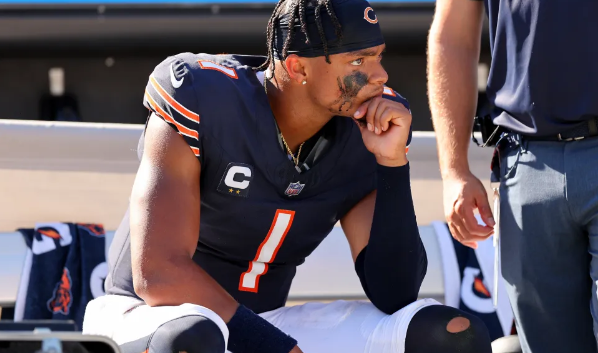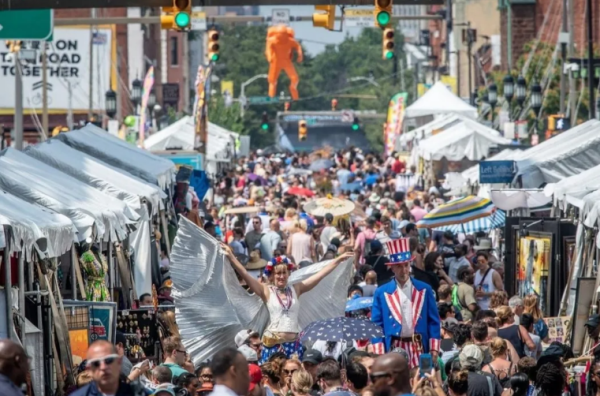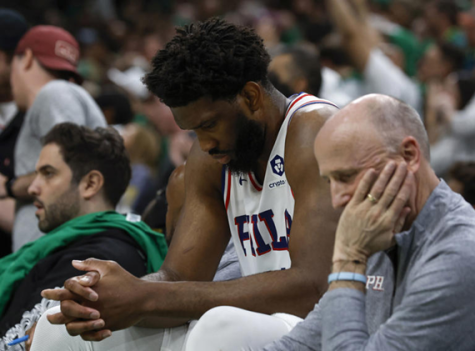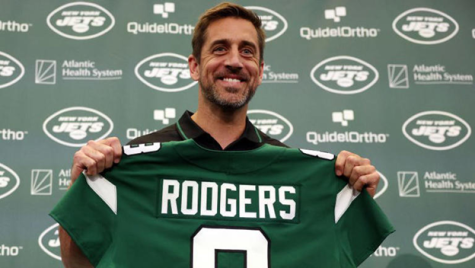Open Hearts, Open Minds, Open Doors?
A few days ago, one of my close friends told me, “I love God, but I hate church.”
This didn’t come as a shock; he has always said he hates church politics. I don’t blame him considering the amount of church drama, people being there for the wrong reasons, taking positions they shouldn’t, making choices without considering what God would have to say about it. Last week, my youth group had a difficult discussion on the latest “church politics.”
After the discussion, a girl stood up and said, “I’m so confused.” Understandable.
Most people don’t understand how the United Methodist Church really works. While they might understand the religious aspect, they don’t get the barebones of how it functions.
The United Methodist Church has a book of discipline, which explains all the regulations of what pastors do, what they can’t do, etc. Every four years is general conference, which is where larger issues are voted on.
In a nutshell, there is a larger body called the “conference” The conference itself is global, which is why the word “united” is so important to Methodists. The entire conference meets every four years at General Conference. But once a year Annual Conference is held, which explains how the book of discipline is lived out.
We are considered the Baltimore-Washington Conference which consists of Washington, DC, most of Maryland, some of West Virginia, and two congregations in Bermuda.
So, if you’re confused, general conference is where rules are made, and annual conference is figuring out how to live that out.
When general conference is held, the church sends representatives from each annual conference to vote.
This past February, outside of the four-year term, a special session of general conference was called to vote on the way the church responds to and represents the LGBTQ+ community. This session was called “the commission on the way foreword.”
Up until now, the church has been following a “don’t ask don’t tell” policy. But it got to the point where they had to do something about this so-called issue.
At this special session, the following three plans were presented to vote on: the one church plan, the traditional plan, and the simple plan.
Here are the details:
The one church plan: “Removes prohibitions against same-gender weddings and ordination of “self-avowed practicing homosexuals, adds protections for bishops and clergy who choose not to officiate at ordinations or weddings.”
Traditional plan: “Retains restrictions against ‘self-avowed practicing homosexual’ clergy and officiating at or hosting same-sex marriage ceremonies and requires stricter enforcement for violations of church law.”
Simple plan: Leaves “questions of marriage up to individual churches and clergy, and ordination requirements up to conferences.”
In summary, the traditional plan states that in the church, you can be a member of the LGBTQ+ community, you just can’t be open about it. It also states that pastors cannot perform same gender weddings, and that is “incompatible with Christian teaching.”
The one church plan was the more progressive plan; it removes the language that says it is “incompatible with Christian teaching” and would allow same gender weddings. It also protects those clergy who do not want to preform those ceremonies.
The simple plan removes all limitations on homosexual people in the church.
With a 438-384 vote, the traditional plan passed on February 26th, 2019.
The slogan of the United Methodist Church is “Open Hearts, Open Minds, Open Doors.” And yet, they let down a community of people who did nothing but love one another. This vote has set them back multiple steps.
As some obviously believe this is the right choice, most do not. A pastor at a local church states: “I’m heartbroken that we would choose the position of rule and punishment over grace and unity. That’s not how I see our God- the same God who created a riot of colors and flowers and bugs and fish, each species containing wide variations. That’s not what I believe God wants for us and from us.”
The Bible calls us to love one another, not hate. Choosing to not accept a community of people that are not harming anyone is not God’s plan for us. I now understand what my friend said he sometimes hates church, because decisions like this set the world back many, many steps.
In the words of the pastor mentioned above, “I believe we have made the wrong choice.”
